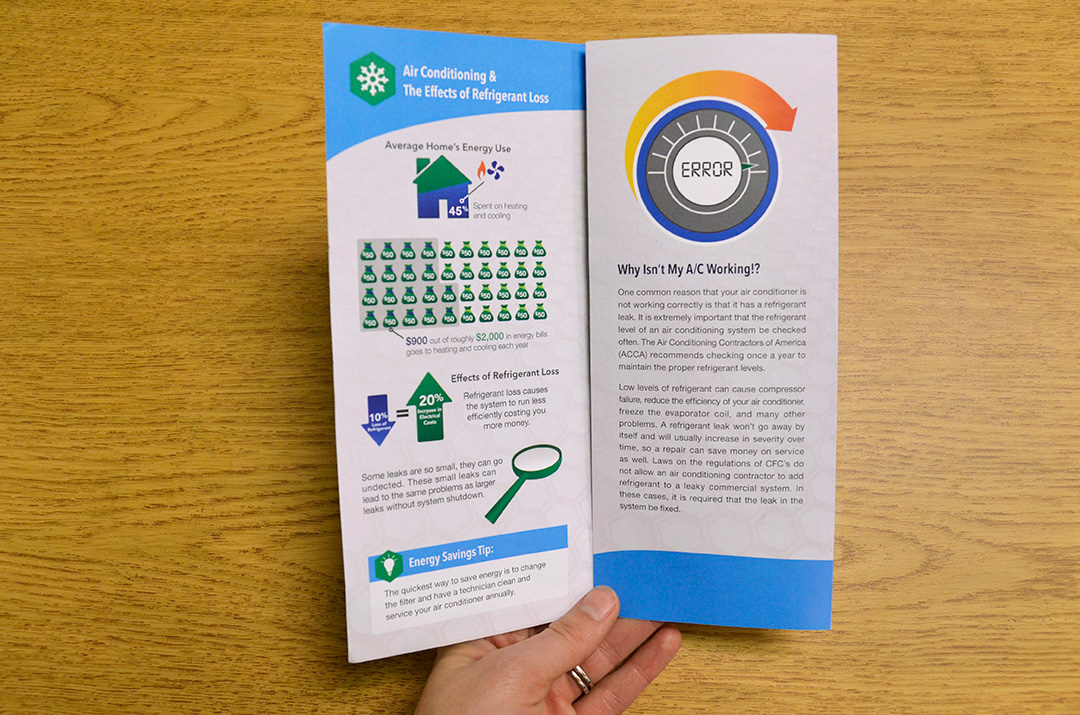The Future Of Home Home Heating - Just How Heat Pump Modern Technology Is Progressing
The Future Of Home Home Heating - Just How Heat Pump Modern Technology Is Progressing
Blog Article
Content Written By-Marshall Byrne
Heatpump will certainly be an essential innovation for decarbonising home heating. In a scenario consistent with federal governments' announced energy and climate commitments, their worldwide ability increases by 2030, while their share in heating rises to one-quarter.
They work best in well-insulated homes and rely on electrical energy, which can be provided from a sustainable power grid. Technological breakthroughs are making them a lot more reliable, smarter and less expensive.
Gas Cells
Heat pumps make use of a compressor, refrigerant, coils and followers to relocate the air and warmth in homes and home appliances. They can be powered by solar power or electrical power from the grid. They have actually been gaining appeal due to their inexpensive, peaceful procedure and the capacity to generate electricity throughout peak power need.
Some business, like IdaTech and BG MicroGen, are dealing with gas cells for home heating. These microgenerators can change a gas central heating boiler and create several of a home's electrical requirements with a connection to the electricity grid for the remainder.
But there are factors to be hesitant of using hydrogen for home heating, Rosenow says. It would certainly be pricey and ineffective contrasted to various other technologies, and it would add to carbon discharges.
Smart and Connected Technologies
Smart home innovation permits house owners to attach and regulate their devices from another location with the use of mobile phone applications. For instance, clever thermostats can discover your heating choices and instantly adapt to enhance energy intake. air conditioning repair chch can be managed with voice commands and instantly turn off lights when you leave the room, lowering energy waste. And clever plugs can keep an eye on and manage your electrical usage, permitting you to determine and restrict energy-hungry devices.
The tech-savvy home depicted in Carina's interview is an excellent picture of exactly how passengers reconfigure room home heating techniques in the light of new smart home innovations. They count on the devices' automatic features to execute everyday changes and concern them as a hassle-free ways of conducting their heating practices. As https://www.aviationpros.com/airports/buildings-maintenance/article/21206850/clearing-the-air-on-hvac , they see no reason to adapt their techniques better in order to enable flexibility in their home energy demand, and treatments targeting at doing so might encounter resistance from these households.
Electrical energy
Because heating homes represent 13% of US discharges, a button to cleaner alternatives could make a large difference. Yet the modern technology encounters obstacles: It's costly and needs substantial home remodellings. And it's not always compatible with renewable energy sources, such as solar and wind.
Up until lately, electric heat pumps were as well pricey to take on gas versions in a lot of markets. Yet new advancements in design and products are making them more inexpensive. And far better cool climate efficiency is allowing them to operate well even in subzero temperatures.
The following action in decarbonising home heating may be the use of heat networks, which attract warmth from a central resource, such as a neighboring river or sea inlet, and distribute it to a network of homes or buildings. That would certainly lower carbon discharges and enable households to capitalize on renewable resource, such as eco-friendly electricity from a grid provided by renewables. This option would be much less costly than changing to hydrogen, a fossil fuel that needs brand-new framework and would only decrease CO2 discharges by 5 percent if paired with enhanced home insulation.
Renewable Energy
As electrical power rates drop, we're starting to see the very same trend in home heating that has actually driven electric automobiles into the mainstream-- however at an also faster speed. The solid environment instance for electrifying homes has actually been pressed even more by brand-new study.
Renewables account for a considerable share of modern-day warm usage, however have been given restricted plan interest internationally compared to other end-use fields-- and even less focus than electricity has. Partly, this shows a mix of consumer inertia, divided rewards and, in many nations, subsidies for fossil fuels.
New modern technologies can make the shift simpler. For instance, heatpump can be made much more energy reliable by changing old R-22 cooling agents with new ones that don't have the high GWPs of their predecessors. Some experts also picture district systems that attract heat from a neighboring river or sea inlet, like a Norwegian arm. The warm water can then be made use of for cooling and heating in a community.